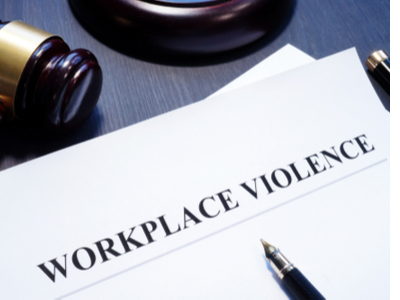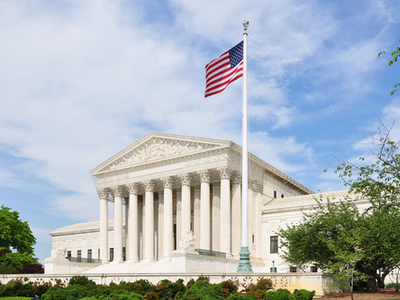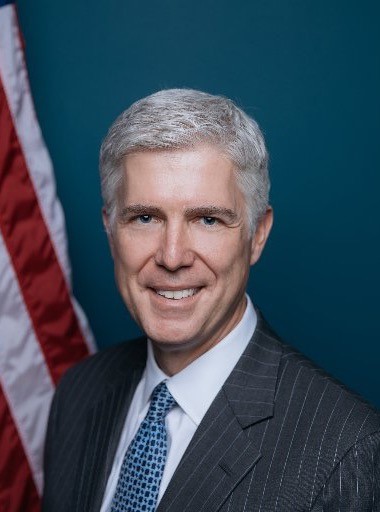Earlier this month, the country was again rocked by mass shootings—two in less than 24 hours left the cities of Dayton, Ohio and El Paso, Texas reeling. Like so many tragedies before, both shootings occurred at a location that was also a workplace. Although neither was perpetrated by an employee (unlike yet another shooting earlier this summer), employees were affected. They had to think quickly and act fast in the moment, and to deal with the psychological and emotional toll afterwards.
The Department of Labor estimates that approximately two million people will be victims of workplace violence this year. With an employed population of approximately 157 million, this means that about 1 in 80 employees will experience workplace violence—and more will likely be aware of or witness it.
In these circumstances, employers should consider developing or updating their workplace violence prevention (1) strategies, (2) policies, and (3) practices. READ MORE












